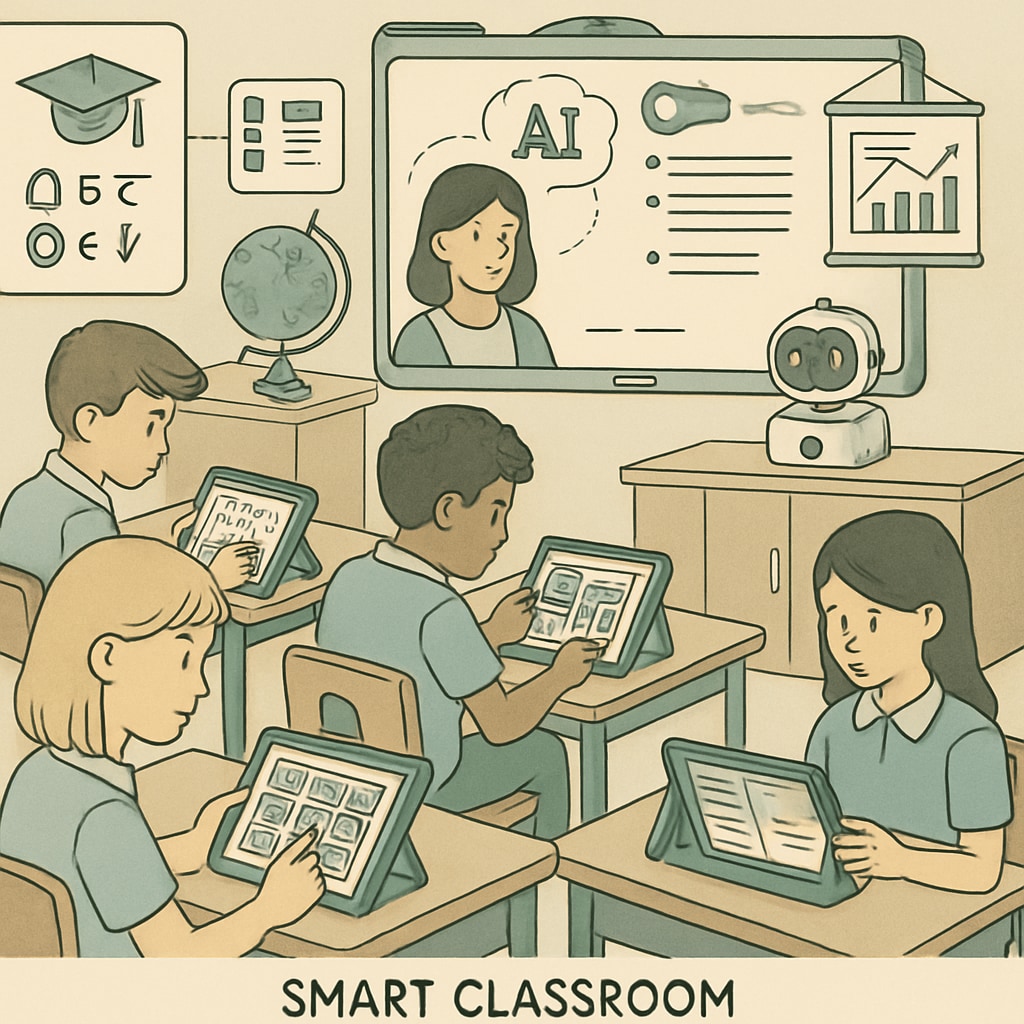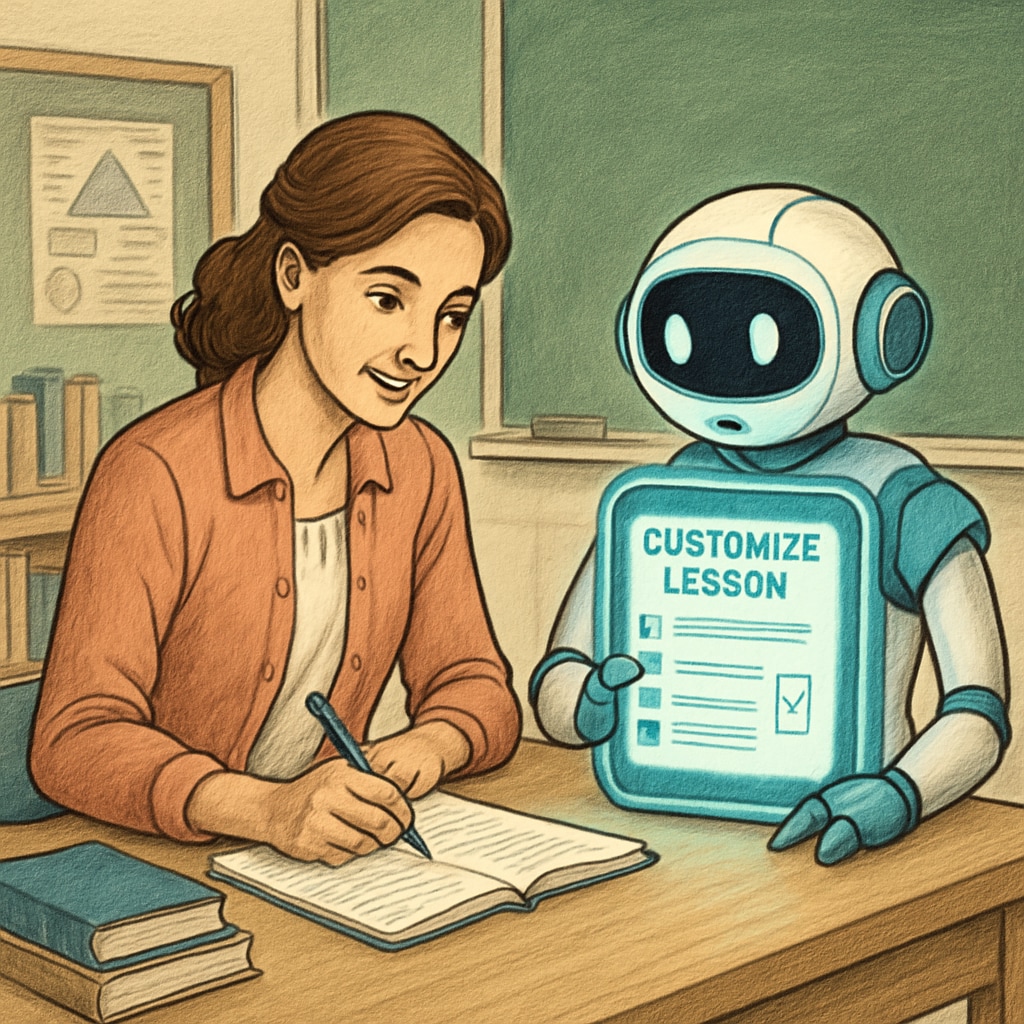Artificial intelligence, education trends, and technology tools are rapidly transforming the global education landscape. Once considered experimental, AI applications are now an integral part of K12 education, enabling personalized learning, adaptive assessments, and smarter classroom management. These advancements are not only enhancing the learning experience for students but also redefining the role of teachers and educational institutions.
How AI is Revolutionizing K12 Education
AI has introduced transformative changes in the K12 education space. For example, intelligent tutoring systems can now offer customized learning paths for students, addressing their individual strengths and weaknesses. Tools like AI-powered grading systems save educators valuable time, allowing them to focus on creative and interactive teaching methods.
- Personalized Learning: AI systems can adapt to each student’s learning style, pace, and preferences, offering tailored solutions and resources.
- Automated Administration: AI tools streamline administrative tasks, such as attendance tracking and exam grading, improving efficiency.
- Enhanced Engagement: Interactive AI platforms, like virtual reality simulations, make lessons more engaging and immersive.

Challenges and Opportunities in Adapting AI to K12 Classrooms
While AI technology offers numerous benefits, its integration into K12 classrooms comes with challenges. For instance, ensuring equitable access to AI tools requires addressing digital divides and budget constraints. Additionally, educators must adapt to new technologies, which may require training in AI literacy and data analysis.
However, the opportunities outweigh the challenges. By investing in AI-driven education tools, schools can create inclusive, engaging learning environments that foster critical thinking and innovation. Moreover, AI can help bridge gaps in teacher shortages by automating routine tasks and providing supplementary teaching resources.

The Role of Educators and Institutions in the AI Revolution
As AI continues to shape the future of education, the role of teachers and institutions is undergoing a significant evolution. Educators are now expected to act as facilitators, guiding students through AI-powered learning experiences. Institutions, on the other hand, must invest in infrastructure, policies, and training programs to maximize the benefits of AI.
For example:
- Professional Development: Schools should offer AI training workshops to help teachers become proficient in using AI tools effectively.
- Collaborative Learning: Teachers can leverage AI to encourage teamwork and problem-solving skills among students.
- Data Privacy: Institutions must prioritize ethical considerations, such as safeguarding student data and ensuring transparency in AI usage.
Education technology on Wikipedia highlights the growing importance of AI in modern classrooms, while Artificial intelligence on Britannica provides valuable insights into its foundational principles.
The Future of AI in K12 Education
Looking ahead, AI’s role in education is bound to expand further. Adaptive learning platforms will continue to evolve, providing more accurate insights into student performance. Gamification and interactive technologies powered by AI will make learning more enjoyable and effective. Additionally, AI could play an integral role in addressing global education challenges, such as teacher shortages and access to quality education in remote areas.
As a result, K12 classrooms of the future will likely combine traditional teaching methods with AI-driven tools, creating a dynamic and collaborative learning environment. Teachers, students, and institutions must embrace this change to fully realize the potential of AI in education.
Readability guidance: This article uses short paragraphs, lists for summarizing key points, and a mix of transition words such as “however,” “in addition,” and “for example” to ensure smooth flow. Passive voice is minimized, and sentence length is optimized for readability.


